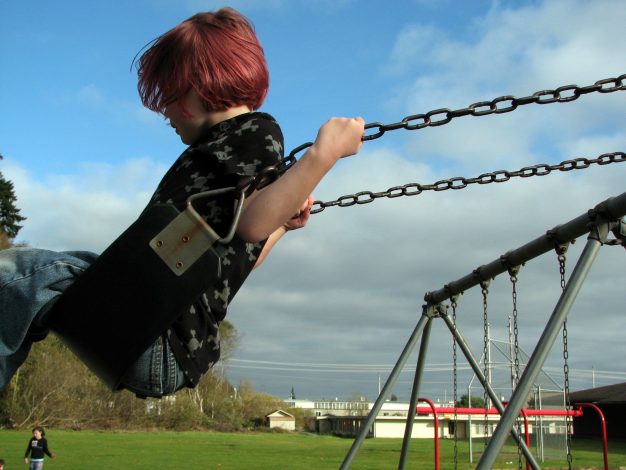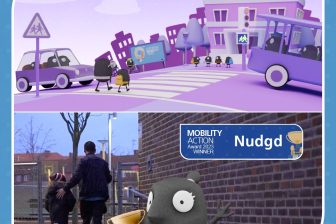
How child-friendly are children’s social services?
An applied research study of Barcelona’s basic social services in 2013-15 has raised some important questions about the rights of children receiving such services. Here, Dr. Carme Montserrat of the University of Girona, who conducted the study, describes the research and its main findings.
This study explored the direct actions taken by social services professionals with children and their families. It analysed the experience of children who have been service users, and identified, with reference to the results, any aspect of the service or organisation that indicated a change or improvement in the situation of the child at risk.
We adopted a mixed methodological research design consisting of (1) a secondary analysis of the Barcelona city council data base from 1986 to 2013; (2) a quantitative study based on a questionnaire directed at Barcelona social service workers; (3) a qualitative study based on in-depth interviews conducted with children and families receiving support in 5 social service centres, and 3 discussion groups held with professionals; and finally, (4) social service user satisfaction surveys.
Child not present
The results indicate that children’s participation in the basic social services that are dealing with their cases is scarce, and that cases are frequently discussed without the child being present. Among children and adolescents, it is not considered normal to seek help from social services. They do not tend to tell their friends and their parents seldom encourage the use of these services. Furthermore, social services are primarily conceived for adults and social workers acknowledge that they have difficulties to explain to children what the services are for.
Professionals rarely deal directly with children but, on the contrary, often evaluate their cases on the basis of information received from other services. Social services professionals also recognised difficulties in informing children and young people clearly about the objectives of their intervention.
Need to improve
The results also provided some important insights into some aspects of social work methodologies and techniques used with children and their families; and of the role played by professionals, teamwork and networking. The report included recommendations for improvements in relation to children’s participation, intervention methodology and results evaluation: conclusions that have significant practical and political implications.
Dr. Carme Montserrat
University of Girona Research Institute on Quality of Life
Spain
(adopted from her presentation to Child in the City 2016)
Photo: Ralph Hogaboom



